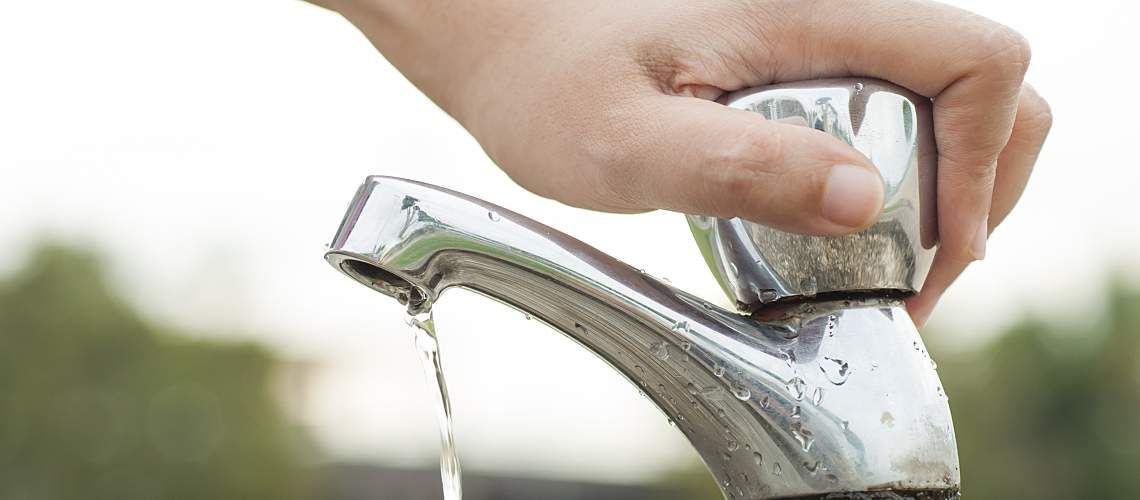Here Are Some Benefits of Elevating Water
Water, an essential element for life, plays a crucial role in sustaining all living beings on Earth. Proper management of water resources is vital for our survival and the well-being of our planet. One method that has proven beneficial in optimizing water usage is elevating water, which offers various advantages.

1. Improved Accessibility: Elevating water enables it to reach areas that are otherwise difficult to access. In regions with uneven terrain or areas distant from water sources, raising water facilitates the distribution of this precious resource to communities, agriculture, and industries.

2. Enhanced Irrigation: Elevating water can significantly improve irrigation practices. By lifting water to higher elevations, it can be efficiently distributed across fields, ensuring better coverage and hydration for crops. This process aids in agricultural productivity, contributing to food security and livelihoods.

3. Energy Generation: Elevating water can be integrated into hydroelectric power generation systems. Water lifted to higher altitudes possesses potential energy, which can be converted into electricity using turbines as it flows downhill. This renewable energy source reduces reliance on fossil fuels and mitigates environmental impacts.
:max_bytes(150000):strip_icc()/GettyImages-539998802-4c2576ead6924233b17548742f29b1cf.jpg)
4. Water Quality Preservation: Elevating water can help preserve its quality. By lifting water from contaminated or polluted sources to treatment facilities, impurities can be removed before distribution for consumption. This safeguards public health and ensures access to safe drinking water.

5. Flood Prevention: Elevating water can aid in flood prevention efforts. By diverting excess water from rivers or low-lying areas to higher ground or storage reservoirs, the risk of flooding can be minimized. This proactive approach protects communities and infrastructure from water-related disasters.

6. Enhanced Water Pressure: Elevating water can improve water pressure in areas experiencing low pressure or fluctuations. By raising water to higher elevations, gravity assists in maintaining consistent pressure throughout distribution networks, ensuring reliable supply for domestic and industrial use.

7. Environmental Conservation: Elevating water promotes environmental conservation by reducing over-extraction of groundwater resources. By utilizing elevated water storage systems or reservoirs, natural aquifers can replenish, maintaining ecological balance and supporting biodiversity.

8. Climate Resilience: Elevating water contributes to climate resilience by mitigating the impacts of water scarcity and drought. By storing water during periods of abundance and releasing it during dry spells, elevated reservoirs serve as buffers against climate variability, safeguarding communities and ecosystems.

